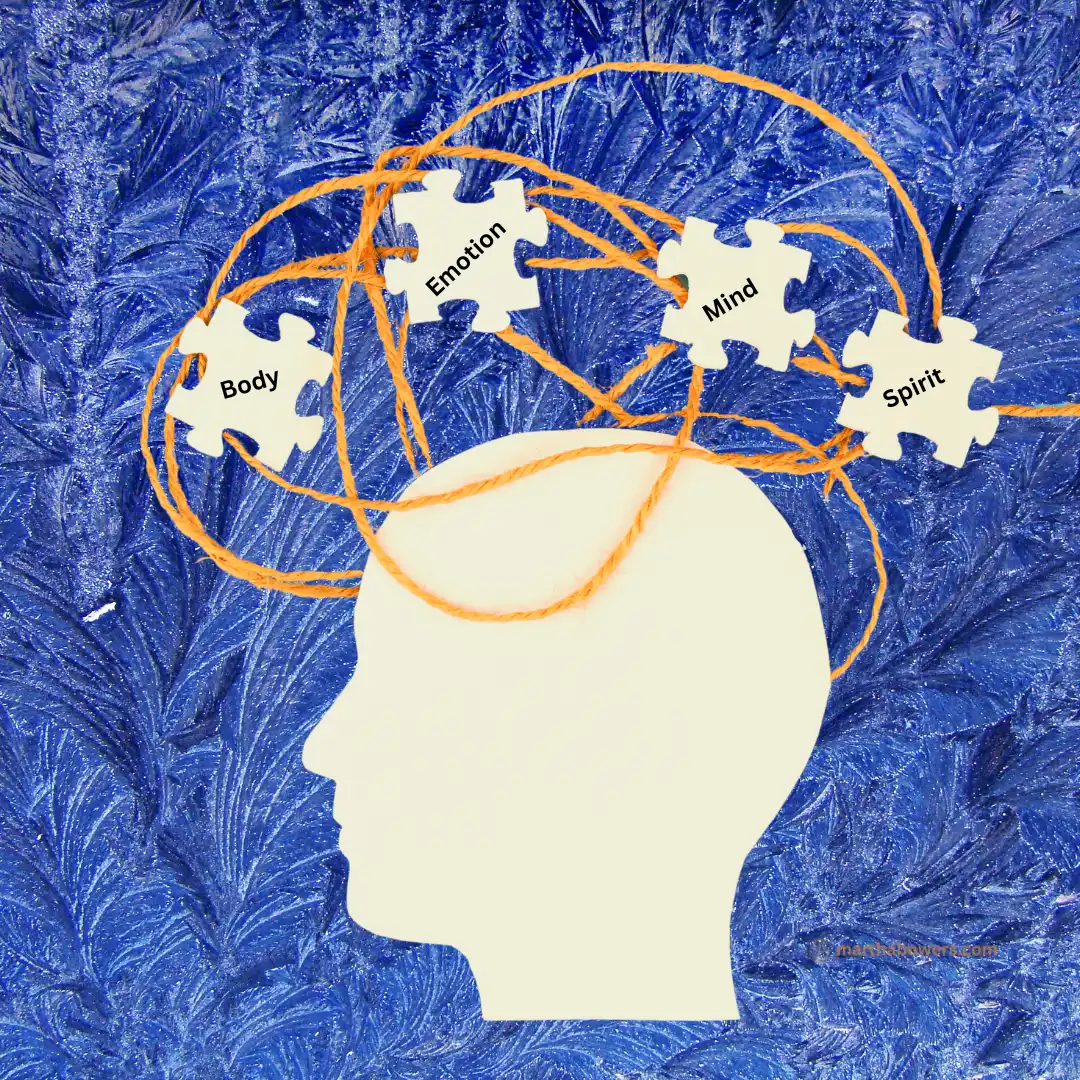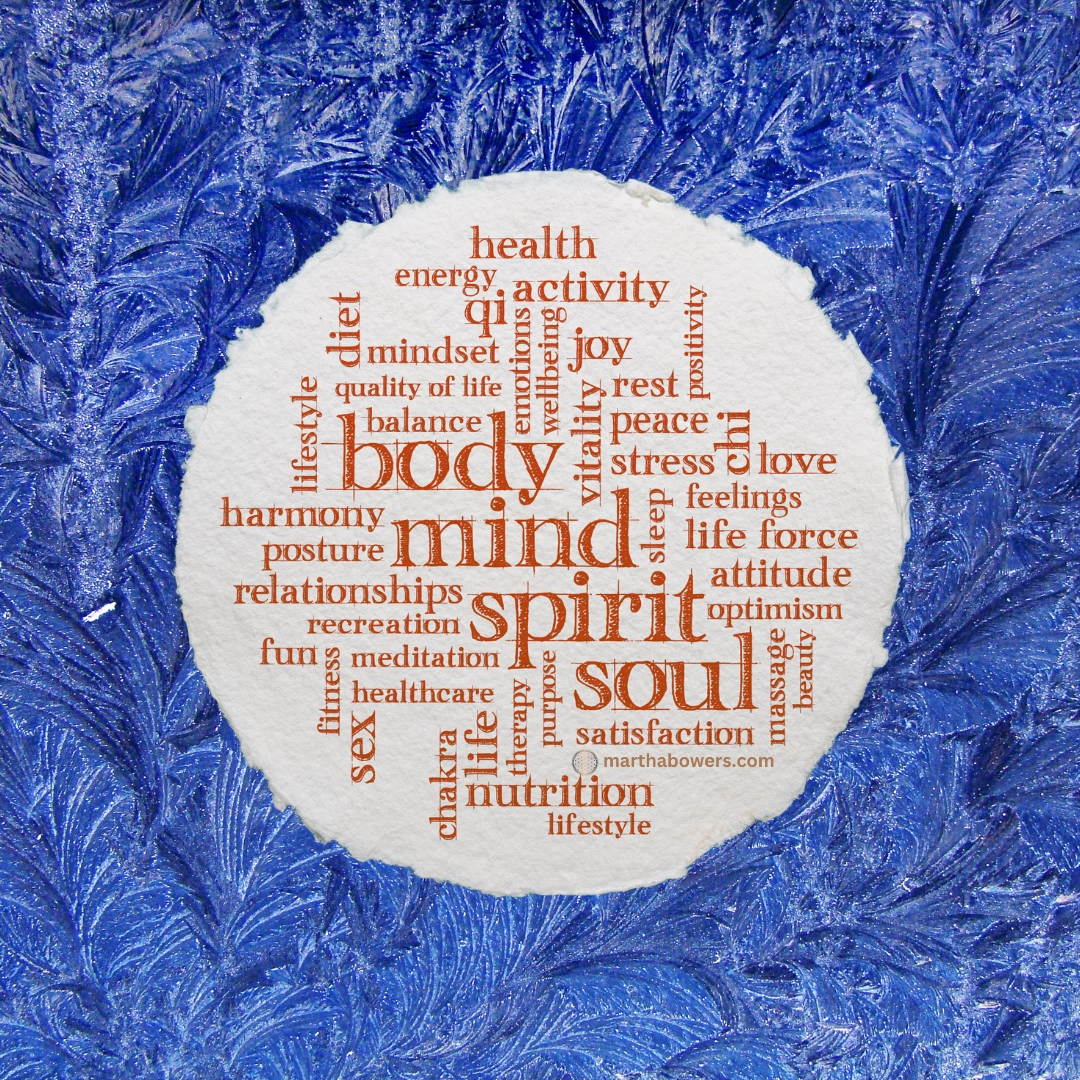Why Folate Matters in Your Diet: unraveling the complexities of Folate deficiency: understanding its impact on mental health and beyond.
Vitamins and minerals are indispensable in the intricate tapestry of human health. Folate emerges as a critical nutrient with far-reaching implications for mental well-being and overall vitality. As we delve deeper into the complexities of folate deficiency, we uncover a multifaceted interplay between nutrient status, stress, and physiological processes.
Harvard Medical School has drawn attention to a fascinating connection between folate and depression, which deserves further exploration.[i] They have asserted that folate deficiency is linked to depression and provided evidence that people who have low levels of folate in their body or do not consume enough folate through their diet may be more susceptible to experiencing depressive symptoms. This observation finds resonance in The American Journal of Psychiatry, which underscores the pivotal role of folate in mental health. “Folate is required for the synthesis of neurotransmitters such as serotonin and dopamine,” [ii] they emphasize, suggesting that low folate levels could disrupt neurotransmitter balance and contribute to mood disorders.

The National Institutes of Health (NIH) further acknowledges the potential association between folate and depression, recognizing that low folate status has been correlated with depressive symptoms in some studies[iii]. However, studies have established that there are little to no side effects of supplementation of folate, and the supplementations studies also show that individuals with a Folate deficiency may exhibit an inadequate response to antidepressants, which does support the improvement of medication underscoring the complexity of the relationship between folate and mental health.

Mood Disorders | Depression

Folate – Essential Nutrients

Chronic Stress = Excess Cortisol
Are you getting enough Folate? Yet, the story of folate deficiency extends beyond the confines of mental well-being. Stress, a ubiquitous presence in modern life, emerges as a significant factor influencing nutrient status and overall health. The Journal of the American College of Nutrition warns that stress can precipitate changes in dietary patterns, leading to increased consumption of nutrient-poor foods and inadequate intake of essential nutrients, including folate. The American Institute of Stress echoes this sentiment, highlighting how stress can compromise nutrient absorption and accelerate the depletion of essential vitamins and minerals from the body.
Moreover, excess cortisol production, often synonymous with chronic stress, further complicates the picture of folate deficiency. Cortisol, the body’s primary stress hormone, profoundly affects nutrient metabolism and utilization. Elevated cortisol levels can impair the absorption of nutrients, including folate, in the gastrointestinal tract. Additionally, cortisol-induced stress responses may disrupt folate metabolism pathways, potentially exacerbating deficiencies and contributing to mental health challenges[iv].
In the realm of mineral metabolism, vitamin D emerges as a critical regulator of calcium and phosphorus absorption—a process essential for maintaining bone health, muscle function, and overall mineral balance. While vitamin D is synthesized by the body or obtained from dietary sources, its intricate dance with minerals underscores the interconnectedness of physiological processes and nutrient status.
Folate deficiency can stem from many causes, including dietary insufficiency, anemia[v], malabsorption syndromes, chronic diseases, and stress-induced nutrient depletion. Despite the prevalence of folate deficiency in the past, fortification efforts have substantially reduced its occurrence. The fortification efforts are with Folic acid, a synthetic form of vitamin B9 known as pteroylmonoglutamic acid. It’s added to processed foods, like flour and cereals, as well as supplements. Folic acid, when consumed, is not all converted to the active form of vitamin B9 — 5-MTHF — in your digestive system, as in the preferred natural state of Folate. Instead, Folic Acid then needs to be converted in your liver or other tissue. So, the nuanced nature of folate supplementation in depression underscores the importance of personalized approaches to nutrient management and mental health care.

I prefer to suggest people consume foods that provide the necessary nutrients rather than relying on supplements. Folate, which is essential for various bodily functions and essential for pregnant women, is found abundantly in certain foods. Leafy greens like spinach and kale and vegetables like asparagus and broccoli are rich sources. Avocados, citrus fruits, bananas, and beets also contain significant amounts of folate. Brussels sprouts and sunflower seeds are additional options. Including these items in your diet can help ensure adequate intake of this vital vitamin. However, our food supply may not have enough essential nutrients, which is why it may be necessary to consume a good solid source of Folate as supplement.
In conclusion, the tale of folate deficiency unveils a rich tapestry of interconnected factors—nutrient status, stress, and physiological processes—that shape our health and well-being. By embracing a holistic approach to the mind, body, emotions, and spirit, looking at nutrition, stress management, and mental health care, we embark on a journey toward resilience, vitality, and holistic flourishing. Let us heed the lessons woven within the science, forging a path toward optimal health and vitality for all.
May your journey be a self-discovery filled with love, strength, and fulfillment. Thank you for engaging in this empowering conversation. Until we meet again, take care, and let us begin.

(Martha holds certifation as a Goran Technique Coach specializing in releasing unwanted emotions and breaking recurring behaviors. If you’re facing these challenges, consider registering for a complimentary 30-minute session to explore how her expertise can assist you.)
[i] Alpert JE, Fava M. Nutrition and depression: the role of folate. Nutr Rev. 1997 May;55(5):145-9. doi: 10.1111/j.1753-4887.1997.tb06468.x. PMID: 9212690.
[ii] Folate, Homocysteine, and Negative Symptoms in Schizophrenia. Published Online:1 Sep 2004https://doi.org/10.1176/appi.ajp.161.9.1705
[iii] McEligot AJ, Cruz SS, Gonzalez S, Pogoda JM. The Association between Total Folate Intakes and Depression amongst Three Racial/Ethnic Groups. Calif J Health Promot. 2018;16(1):6-15. PMID: 31024222; PMCID: PMC6478023.
[iv] Lopresti AL. The Effects of Psychological and Environmental Stress on Micronutrient Concentrations in the Body: A Review of the Evidence. Adv Nutr. 2020 Jan 1;11(1):103-112. doi: 10.1093/advances/nmz082. PMID: 31504084; PMCID: PMC7442351.
[v] Folate Deficiency Anemia – https://my.clevelandclinic.org/health/diseases/24196-folate-deficiency-anemia


